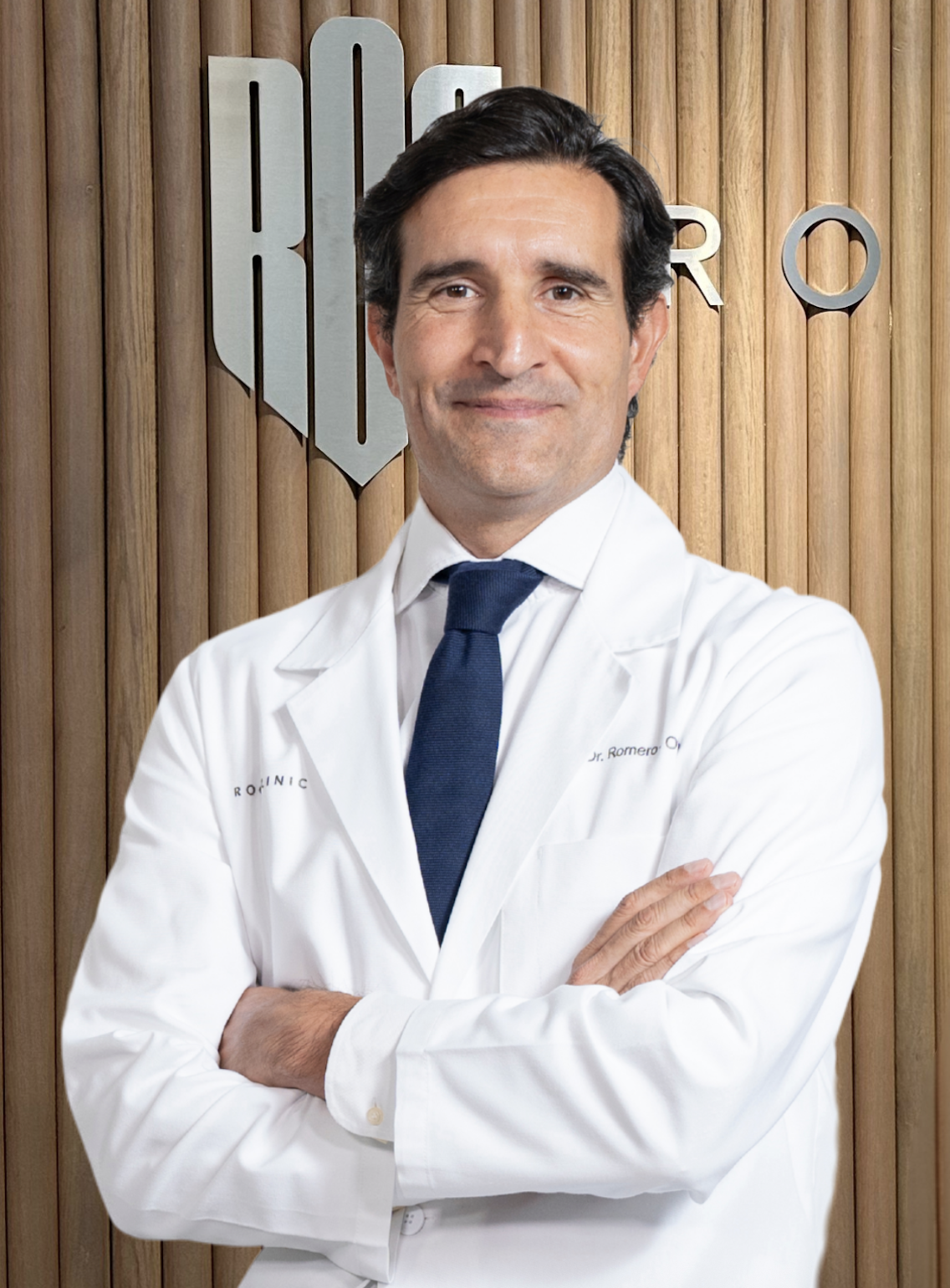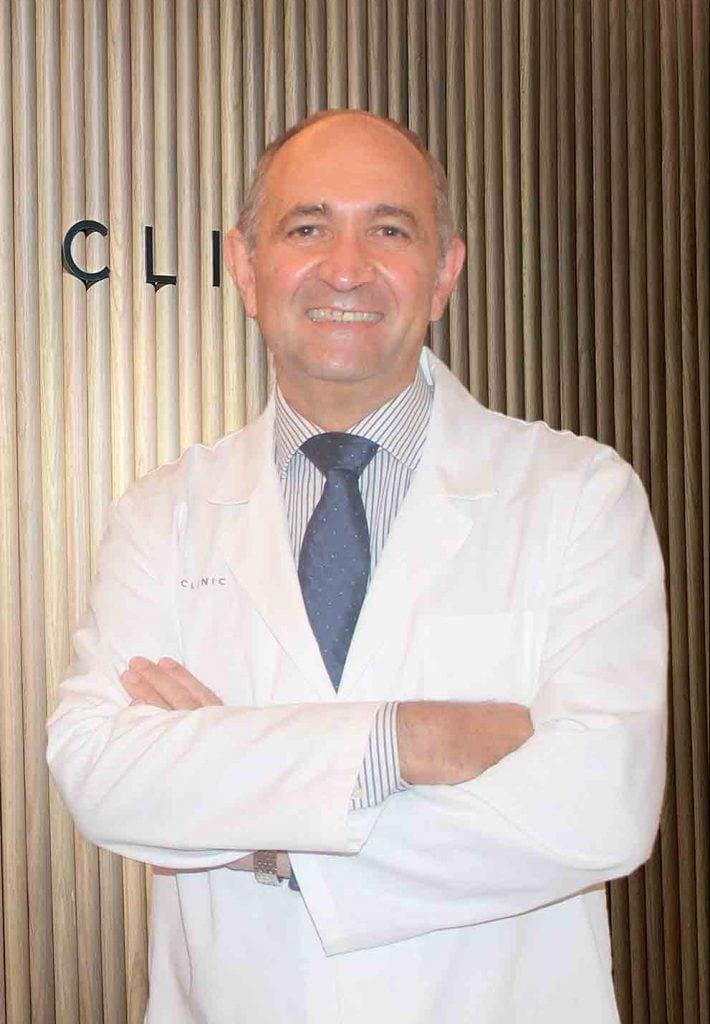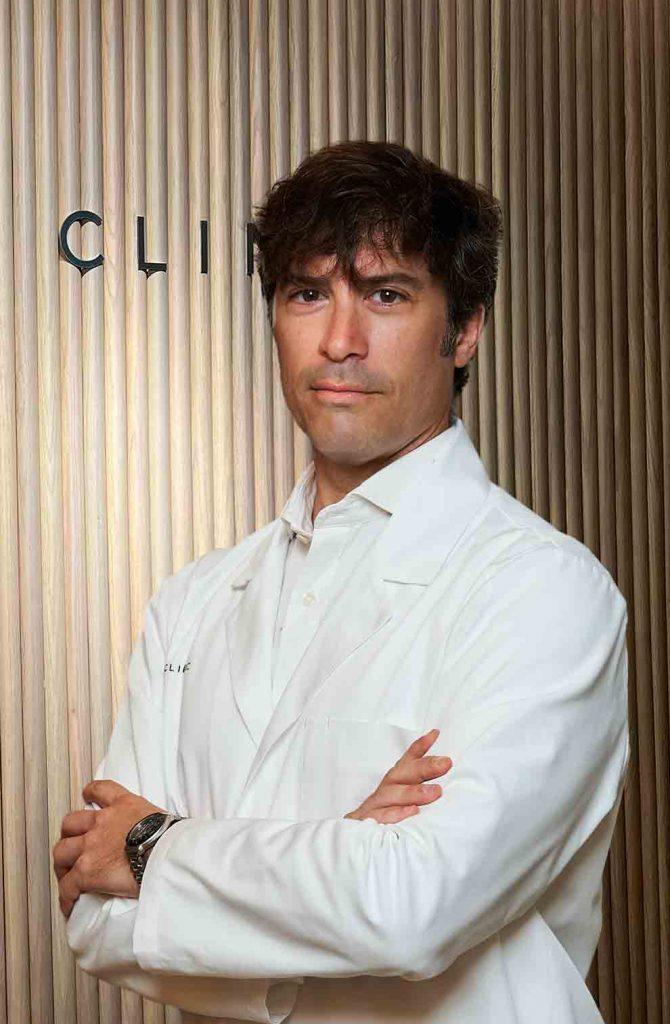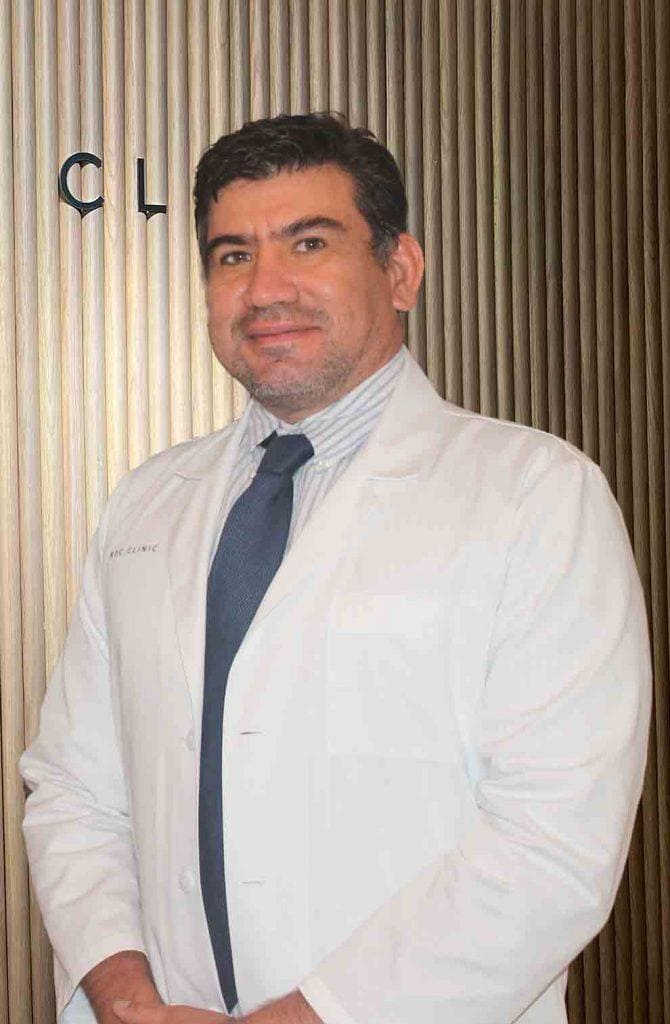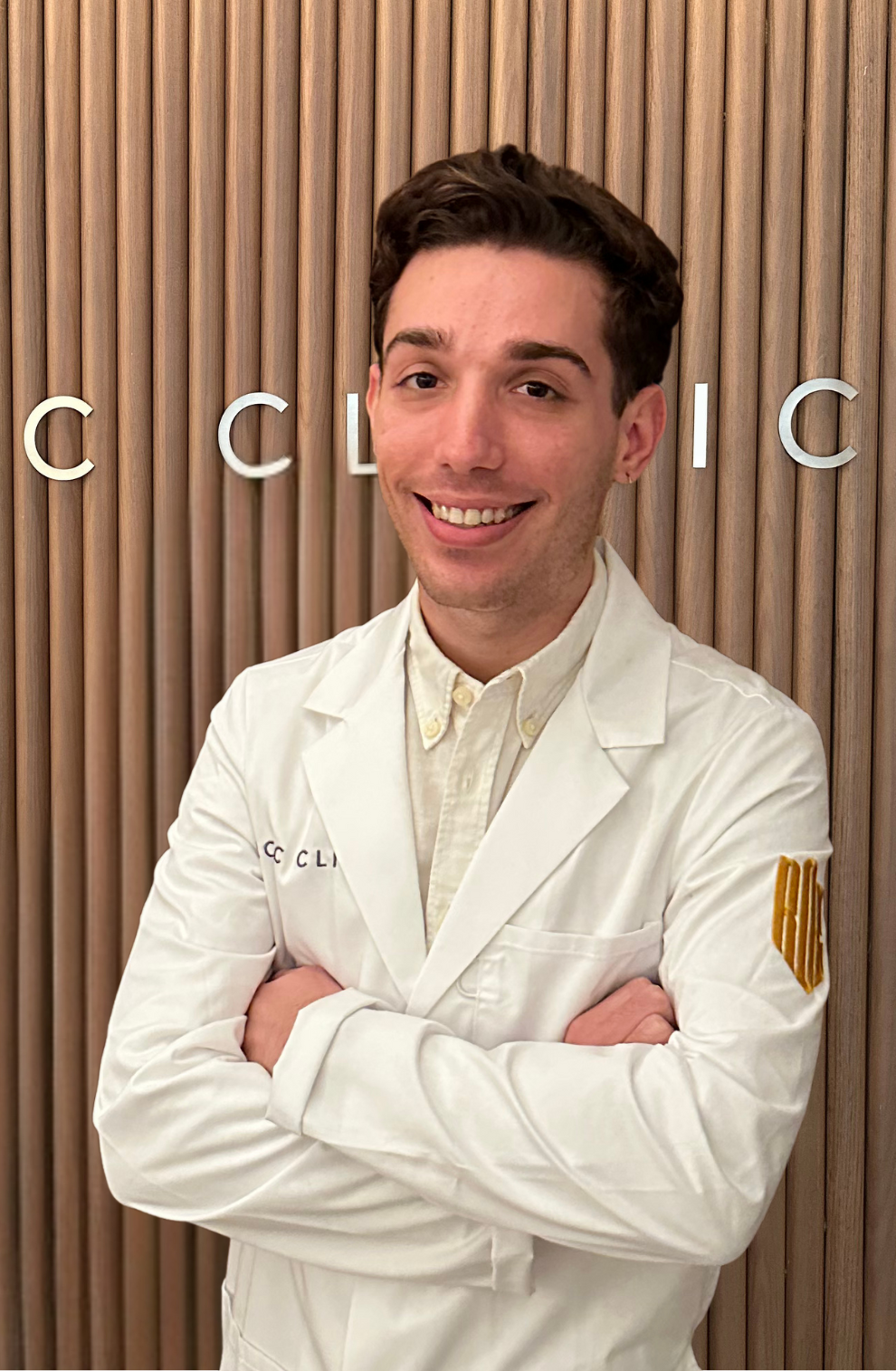Symptoms and Causes Benign Prostate Hyperplasia
Our Benign Prostatic Hyperplasia Unit is highly trained in state-of-the-art technologies to treat prostate enlargement.
- Super-specialized urologists
- Personalized treatment
- Minimally invasive approach
- More than 16,000 patients successfully treated
Benign Prostatic Hyperplasia Symptoms
Benign prostatic hyperplasia (BPH) can cause a number of urinary symptoms that significantly affect quality of life. As the prostate increases in size, it puts pressure on the urethra, making it difficult for urine to pass and disrupting normal bladder function.
Symptoms may vary in intensity and progress over time. In general, they are divided into two groups:
Obstructive symptoms
- Difficulty initiating urination.
- Weak or intermittent urine flow.
- Sensation of incomplete emptying of the bladder.
- Post-mycotic drip.
Irritative symptoms
- Increased urinary frequency, especially at night (nocturia)
- Urgency or urgency to urinate.
- Burning sensation or discomfort when urinating.
Urinary symptoms may be due to different causes. One of the most common is benign prostatic hyperplasia but it is necessary to rule out others such as narrowing of the urinary tract (urethral stricture), bladder tumor, bladder stones, urinary tract infections, etc. Therefore, it is important to see a urologist in case of any change in the urinary pattern.
Causes of benign prostatic hyperplasia
The exact cause of benign prostatic hyperplasia (BPH) is unknown, but it is believed to be related to hormonal changes that occur with aging. The following are some factors that may contribute to the development of this condition:
- Hormonal changes: as men age, testosterone levels decrease while estrogen levels may remain the same or even increase, which could contribute to prostate growth.
- Genetic factors: Genetic predisposition may play a role in the development of prostatic hypertrophy. If there is a family history of prostate problems, a man is more likely to develop this condition.
- Age: Benign prostatic hyperplasia is uncommon in men younger than 40 years, but its prevalence increases significantly with age. From the age of 60 onwards, about half of all men have symptoms of prostatic enlargement, and this figure rises to about 90% by the age of 85.
- Lifestyle factors: Obesity, lack of exercise and an unhealthy diet can increase the risk of BPH. Maintaining a healthy lifestyle can help reduce this risk.
They ask us in the Consultation
Is benign prostatic hyperplasia dangerous?
Benign prostatic hyperplasia (BPH) is not a cancer nor does it increase the risk of developing it, therefore, it is not a dangerous disease in itself. However, if not treated properly, it can lead to major complications that do seriously affect health and quality of life. Among the possible consequences of uncontrolled BPH are: acute urinary retention (inability to urinate), recurrent urinary tract infections, bladder stone formation, progressive damage to the bladder or kidneys. Therefore, although it is not malignant, it does require medical attention and urological follow-up. With early diagnosis and appropriate treatment, BPH can be effectively controlled and complications avoided.
Will the treatment of Benign Prostatic Hyperplasia affect my sexual relations?
Depending on the treatment used, it may affect the patient's ejaculation. It is important to discuss this with the urologist.
I have blood in my urine, can it be BPH?
If BPH is not treated in time, it can cause more serious complications such as bleeding in the urine. But it is more common in diseases such as urinary tract infection; bladder, prostate or kidney cancer; some kidney disease or injury, etc. It is vital to see a doctor as soon as possible.
What is the prostate for?
The prostate helps us to maintain good urinary continence. It also produces much of the seminal fluid, which is like "gasoline" for the sperm.
Team of the Benign Prostatic Hyperplasia Unit
Newsof ROC Clinic on Benign Prostatic Hyperplasia
Research
Initial experience with thulium fiber laser for prostate enucleation: Analysis of the intraoperative and short-term outcomes in a prospective, multicenter cohort.
Treatments
ROC Clinic has performed more than 3,000 prostate enucleation procedures with Holmium laser.
Training
Programming of the 2022 courses in Holmium laser prostatic enucleation.

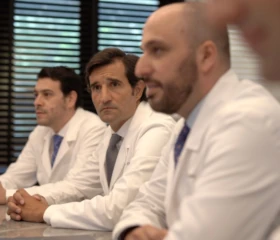
 +34 912 627 104
+34 912 627 104 Contact
Contact